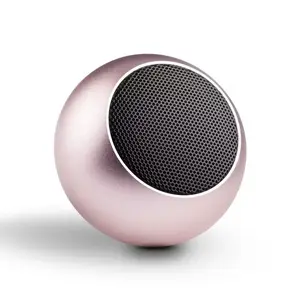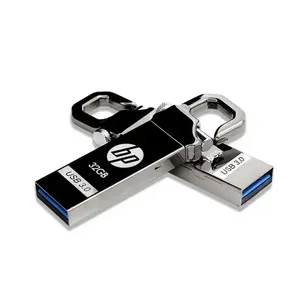Popular in your industry




















 Ready to Ship
Ready to Ship









































Related Searches:
























































































































Top categories
About ssd cable to motherboard
Understanding SSD Cable to Motherboard
SSD cable to motherboard is an essential component in modern computing devices that allows for the connection between solid-state drives (SSDs) and the motherboard of a computer. This cable enables the transfer of data between the storage device and the main processing unit, ensuring smooth and efficient operation of the system.
Types of SSD Cables for Motherboard Connections
There are various types of SSD cables available for connecting SSDs to motherboards, including SATA cables, M.2 cables, and PCIe cables. SATA cables are commonly used for traditional SSDs, while M.2 and PCIe cables are preferred for high-speed NVMe SSDs. Choosing the right type of cable depends on the SSD and motherboard compatibility.
Technical Specifications of SSD Cables
The technical specifications of SSD cables play a crucial role in determining the performance and compatibility of the storage device with the motherboard. Factors such as data transfer speed, connector types (SATA, M.2, PCIe), cable length, and shielding quality influence the overall efficiency of the connection.
Features to Consider When Selecting SSD Cables
When selecting SSD cables for motherboard connections, it is essential to consider key features such as data transfer rates, durability, compatibility with different SSD and motherboard models, and ease of installation. High-quality cables with secure connectors and reliable shielding ensure stable and fast data transfers.
Benefits of Using High-Quality SSD Cables
Investing in high-quality SSD cables for motherboard connections offers several benefits to business buyers. These include improved data transfer speeds, enhanced system reliability, reduced risk of data loss or corruption, and better overall performance of the computing device.
Design Innovations in SSD Cables
Manufacturers are continually innovating in the design of SSD cables to enhance performance and reliability. Features such as gold-plated connectors for better conductivity, high-quality insulation for data protection, and flexible cable designs for easy routing contribute to the efficiency of SSD to motherboard connections.
Factors Influencing the Choice of SSD Cables
When choosing SSD cables for motherboard connections, business buyers should consider factors such as the type of SSD interface (SATA, M.2, PCIe), the length of the cable required for the system setup, the data transfer speed needed for specific applications, and the overall quality and reliability of the cable.
Ensuring Secure SSD to Motherboard Connections
Ensuring secure SSD to motherboard connections is essential for the optimal performance of the computing system. Properly securing the cable connectors, avoiding cable bends or twists that may cause data loss, and regularly checking and maintaining the connections can help prevent connectivity issues and data transfer problems.
Future Trends in SSD Cable Technology
The future of SSD cable technology is likely to focus on even faster data transfer speeds, improved compatibility with emerging SSD and motherboard interfaces, and enhanced durability and reliability of the cables. Manufacturers will continue to innovate to meet the evolving needs of business users in the digital age.
Conclusion
In conclusion, the choice of SSD cable for motherboard connections is a critical decision that impacts the overall performance and reliability of computing systems. By understanding the types, technical specifications, features, and design innovations in SSD cables, business buyers can make informed decisions to ensure efficient data transfer and system operation.






































































